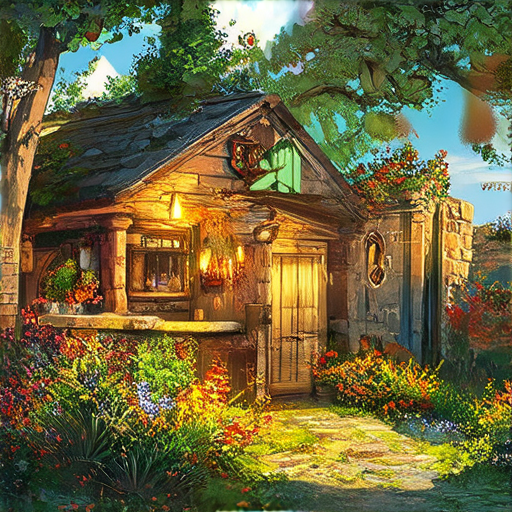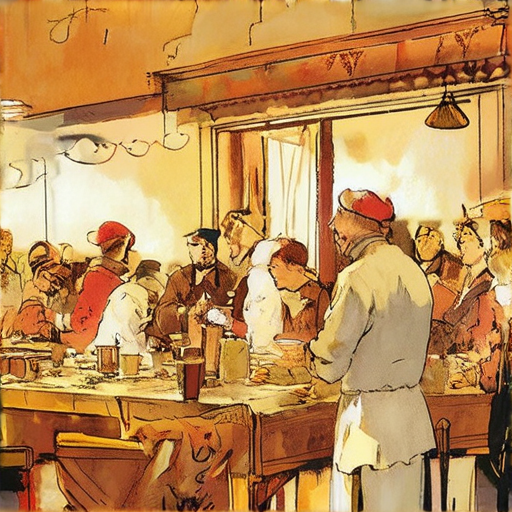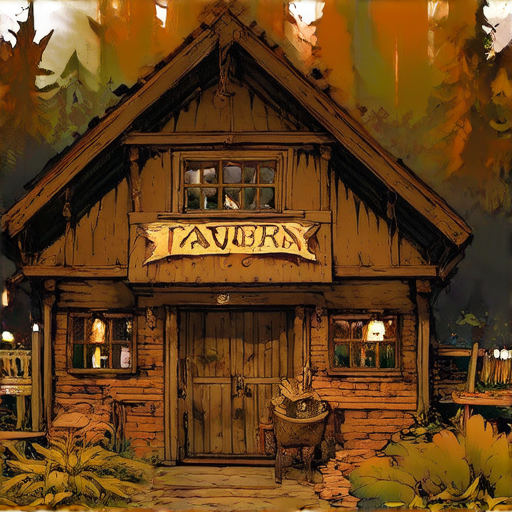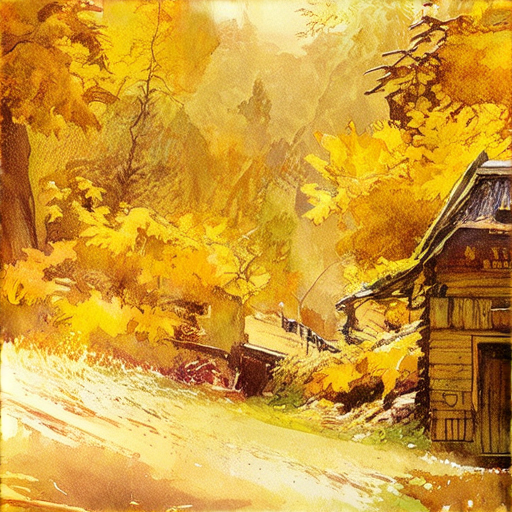The rich history of taverns spans centuries, weaving a complex tapestry of cultural significance, social gatherings, and historical events. From ancient civilizations to modern-day favorites, taverns have played a pivotal role in shaping communities and fostering connections among people. With their origins dating back to medieval times, taverns have evolved over the years, adapting to changing societal norms and technological advancements. As we delve into the fascinating world of tavern history, we’ll explore the early beginnings of taverns in ancient civilizations, their spread across Europe and America, and the significance of notable taverns like Fraunces Tavern, Minetta Tavern, Martin’s Tavern, Michie Tavern, Old Talbott Tavern, and Bardstown Inn.

Origin of Taverns
The concept of taverns dates back to ancient civilizations, where people would gather to share food, drinks, and stories.
- In ancient Rome, taverns were known as thermopolia, serving hot beverages and simple meals to travelers and locals alike.
- During the Middle Ages, taverns became popular gathering places for knights, nobles, and commoners, offering a space for socializing, entertainment, and commerce.
- In England, the term “tavern” originated from the Old French word “taverne,” derived from the Latin “taberna,” meaning a small shop or inn.
Evolution of Taverns
Taverns have undergone significant transformations over the centuries, influenced by cultural, economic, and social changes.
- In the 16th century, taverns began to offer a wider range of services, including accommodations, food, and entertainment.
- During the 18th century, taverns became centers for social and political gatherings, hosting debates, meetings, and performances.
- In modern times, taverns continue to evolve, incorporating new technologies, cuisines, and amenities while retaining their core function as community hubs.
Modern Tavern Culture
Taverns remain essential components of many communities, fostering social connections, cultural exchange, and economic growth.
- Many taverns now offer live music, sports events, and themed nights, catering to diverse tastes and interests.
- Taverns often partner with local businesses, promoting artisanal products, supporting local artists, and contributing to community development initiatives.
- The rise of craft beer and microbreweries has led to a resurgence of interest in traditional taverns, emphasizing high-quality beverages and authentic experiences.
We’re proud to be a part of this rich heritage, preserving and celebrating the spirit of taverns through our articles and community engagement.
The Oldest Tavern in History
We’re proud to share our knowledge about the oldest tavern in history, a fascinating piece of trivia that showcases the rich heritage of pubs around the world.
- Seans Bar: Located in Athlone, Westmeath, Ireland, Seans Bar has been extensively researched by the Guinness Book of Records and holds the official title of The Oldest Pub in Ireland, dating back to 900 AD.
- Dating Back to Ancient Times: While there have been claims of even older pubs, none have been proven to be older than Seans Bar, making it a true gem in the world of taverns.
- Pubs as Community Hubs: Pubs like Seans Bar have long served as community hubs, bringing people together through shared experiences and fostering a sense of belonging among patrons.
- Preserving Pub Culture: At Dufferin Arms, we’re passionate about preserving and celebrating pub culture, exploring its unique stories, social significance, and timeless appeal.
- Exploring Pub Traditions: Our blog, Dufferin Arms, delves into the fascinating world of pubs, examining their history, culture, and traditions, and sharing our findings with fellow enthusiasts.
- A Legacy of Warmth and Hospitality: From ancient taverns to modern-day pubs, the spirit of warmth and hospitality remains a constant thread, welcoming strangers and turning them into friends.
- Discover More About Pub Culture: Visit our website at Dufferin Arms to explore our collection of articles and learn more about the captivating world of pubs.
- Learn About Other Historic Pubs: Explore the rich history of pubs around the world, from the UK to Ireland, and discover the stories behind these beloved institutions.
- Join the Conversation: Share your own favorite pub memories and experiences with us on social media, and let’s celebrate the enduring magic of pubs together!

Why Are Taverns Important in American History?
Taverns played a significant role in shaping American society and culture during colonial times.
-
Social Hubs
Taverns served as gathering places for locals and travelers alike, fostering a sense of community and social connection.
-
Places of Refreshment
Taverns offered food, drink, and lodging to weary travelers, making them essential stops along trade routes and highways.
-
Centers of Entertainment
Taverns featured live music, theater performances, and other forms of entertainment, providing a welcome respite from daily life.
-
Meeting Places for Influential People
Taverns hosted politicians, merchants, and other influential individuals, facilitating discussions and negotiations that shaped local and national policies.
-
Cultural Institutions
Taverns preserved and celebrated traditional customs, folklore, and cultural heritage, contributing to the development of American identity.
In addition to their social and cultural significance, taverns also played a crucial role in the American Revolution, serving as hubs for patriot activity and resistance against British rule.
Today, taverns continue to play an important part in American life, offering a unique blend of history, culture, and community spirit.
As we reflect on the importance of taverns in American history, we can appreciate their enduring impact on our society and culture.
From their early days as social hubs to their modern-day incarnations as cultural institutions, taverns remain an integral part of the American fabric.
We invite you to explore the rich history and cultural significance of taverns through our website, where you can discover more about the fascinating world of pubs and taverns.
Learn how taverns have shaped American society and culture, and why they continue to hold a special place in our hearts.
Visit us today and experience the warmth and hospitality of a classic American tavern for yourself!

Why Pubs Are Called Taverns
The origin of the term “tavern” dates back to ancient Rome, where it was known as a taberna, which referred to a small shop or booth.
- In medieval Europe, the term “taberna” evolved into “tavern,” referring to a place where travelers could rest and receive refreshments.
- Over time, the term “tavern” became synonymous with “inn,” and both words were used interchangeably to describe establishments that offered lodging and food to travelers.
- In England, the term “public house” or “pub” emerged as a standard term for drinking establishments, replacing the earlier terms “tavern” and “inn.”
Today, the term “tavern” is still used in many parts of the world to refer to a type of pub or bar that serves food and drinks to patrons.
A Brief History of Pubs
- Pubs have been a staple of British culture for centuries, dating back to the Middle Ages.
- During this time, pubs served as gathering places for locals, offering a warm and welcoming atmosphere where people could socialize and enjoy a pint of ale.
- As trade and commerce expanded, pubs began to cater to travelers and merchants, offering food, drink, and lodging to weary travelers.
- Throughout the centuries, pubs have continued to evolve, adapting to changing tastes and cultural norms.
The Modern Pub Experience
Today, pubs offer a diverse range of experiences, from traditional British fare to modern cuisine and live music events.
- Many pubs now offer a selection of craft beers and wines, catering to a growing demand for premium beverages.
- Others have incorporated live music and entertainment, hosting events ranging from trivia nights to comedy performances.
- Some pubs have even adopted a more upscale approach, offering fine dining and luxurious amenities to attract a more discerning clientele.
Regardless of their style or offerings, pubs remain an integral part of community life, serving as gathering places where people can come together to socialize and enjoy good company.
Taverns vs Bars: Understanding the Distinctions
A tavern and a bar are two types of establishments that serve alcoholic beverages, but they differ significantly in terms of atmosphere, offerings, and overall experience.
-
Atmosphere and Ambiance:
- Taverns tend to have a more refined and sophisticated ambiance, often featuring comfortable seating, dim lighting, and elegant decor.
- Bars, on the other hand, typically have a more casual and lively atmosphere, with a focus on socializing and entertainment.
-
Food and Beverage Options:
- Taverns often serve a variety of food options, ranging from light bites to full-course meals, and feature a selection of craft beers, wines, and cocktails.
- Bars primarily focus on serving drinks, although some may offer limited snacks or appetizers.
-
Pricing and Target Audience:
- Taverns generally cater to a more affluent crowd and tend to be pricier than bars.
- Bars, by contrast, are often more budget-friendly and attract a younger demographic.
In conclusion, while both taverns and bars serve alcohol, they differ significantly in terms of atmosphere, offerings, and target audience. By understanding these distinctions, patrons can choose the establishment that best suits their preferences and needs.
For those looking for a more refined experience, taverns like Dufferin Arms offer a sophisticated atmosphere and a wide range of food and beverage options. On the other hand, bars like Mccray’s East Cobb provide a lively and social environment perfect for catching up with friends or enjoying live music.
Ultimately, the choice between a tavern and a bar depends on individual preferences and priorities. Whether you’re in the mood for a fancy night out or a casual gathering with friends, there’s an establishment to suit every taste and style.

Why Are Taverns Called Arms?
The term “arms” in tavern names has its roots in heraldry, specifically referring to the heraldic coat of arms.
-
Heraldic Significance
A coat of arms was originally a symbol of nobility and royalty, representing a family’s history, achievements, and values.
-
Town and City Affiliations
In addition to royal families, coats of arms were also associated with towns and cities, signifying their unique identity and heritage.
-
Guild Affiliations
Certain guilds, which were organizations of skilled craftsmen, also had their own coats of arms, reflecting their expertise and contributions to society.
When a tavern name ended in “Arms,” it often indicated a connection to one of these entities, such as a royal family, town, city, or guild.
Examples of Tavern Names Ending in “Arms”
- Kings Arms
- Dukes Arms
- Red Lion Arms
These names not only reflected the tavern’s affiliation with a particular entity but also added to the establishment’s prestige and allure.
Conclusion
The term “arms” in tavern names is a nod to the rich history and symbolism of heraldry, highlighting the connections between taverns, nobility, towns, cities, and guilds.

0 Comments